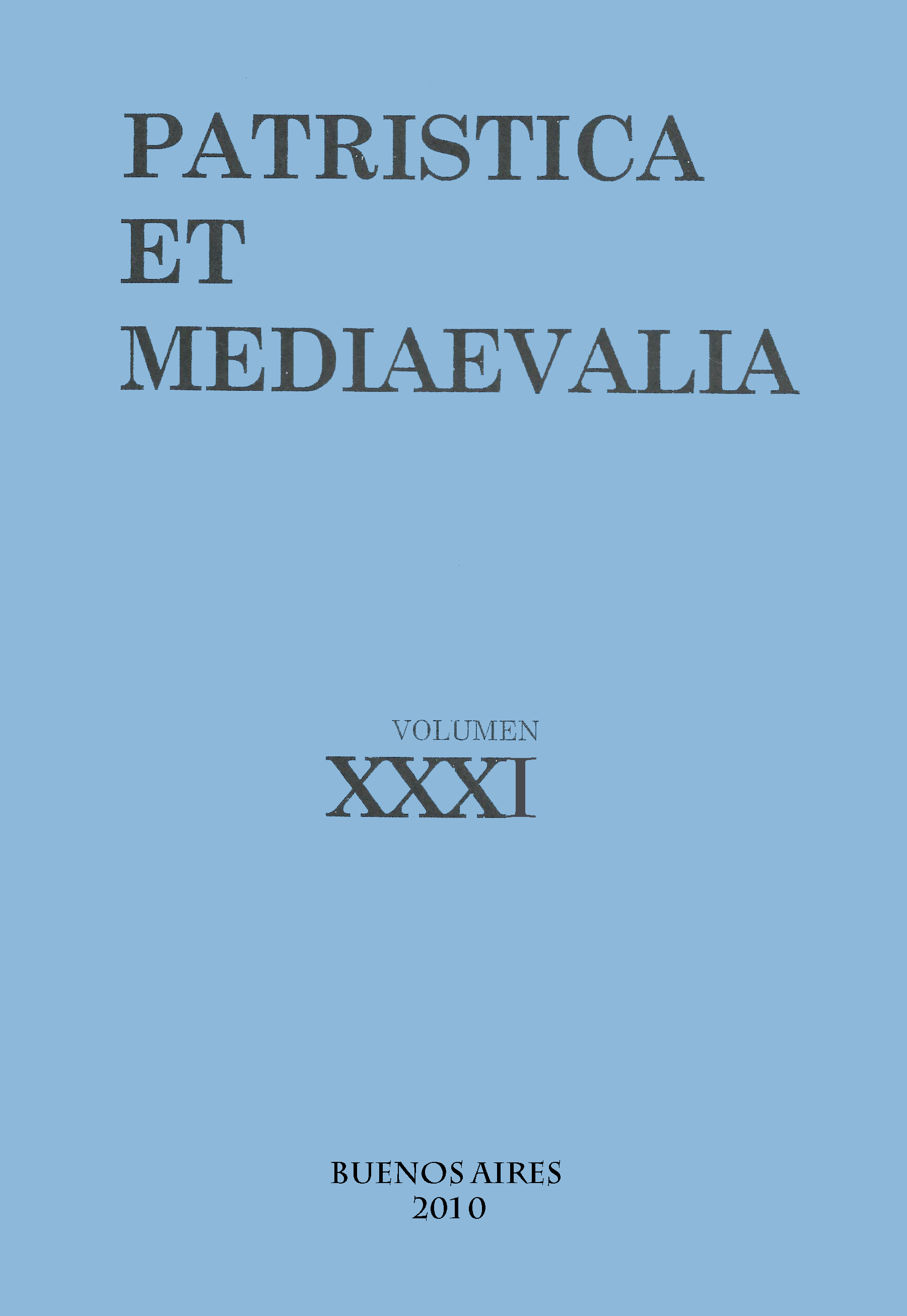Electio et iustitia: Joaquim of Fiore and Augustine
Abstract
The text discusses the relation between choice (electio) and justice (iustitia) in Joachim of Fiore (1135-1202). We defend the thesis that, although the abbot has presented the Augustinian solution in which divine grace is the reason of choice and justice that of rejection, he does not assume integrally Augustine's legacy. In another way, understands that choice springs form a negative attitude: the humility of the chosen. And rejection, otherwise, has a lower reason: pride. His general scheme isn't supported by an understanding of distributive justice by worthiness, but on the benefit of the weaker, smaller, the abject.Downloads
References
Gilson, E. (1965). A evolução da cidade de Deus, tradução: João Camilo de Oliveira Torres. Sao Paulo: Herder.
Guitton, J. (1989). Le temps et l’éternité. Chez Plotin et Saint Augustin. Paris: Vrin.
Ricouer, P. (1997). A aporética da temporalidade - 1. Tempo da alma e tempo do mundo. O debate entre Agostinho e Aristóteles. En Ricouer, P. Tempo e narrativa III, tradução Roberto Leal Ferreira. Campinas: Papirus.
Rossatto, N. D. (2004). Joaquim de Fiore. Trindade e nova era. Porto Alegre: Edipucrs.
1. The authors who publish in this magazine accept the following conditions:
-
They retain the copyright and grant to the magazine the right of the first publication, with the work registered under the Attribution-ShareAlike 4.0 International License that allows third parties to use what is published as long as they mention the authorship of the work and the first publication in this magazine.
-
They can make other independent and additional contractual agreements for the non-exclusive distribution of the version of the article published in this magazine (eg. include it in an institutional repository or publish it in a book) provided that they clearly indicate that the work was first published in this journal.
-
They are allowed and recommended to publish their work on the Internet (for example on institutional or personal pages).
2. AutoArchive Conditions. Authors are allowed and encouraged to distribute post-print electronic versions of their manuscripts because it promotes their circulation, a possible increase of quotation and a major reach among the Academic community. Color RoMEO: blue.













